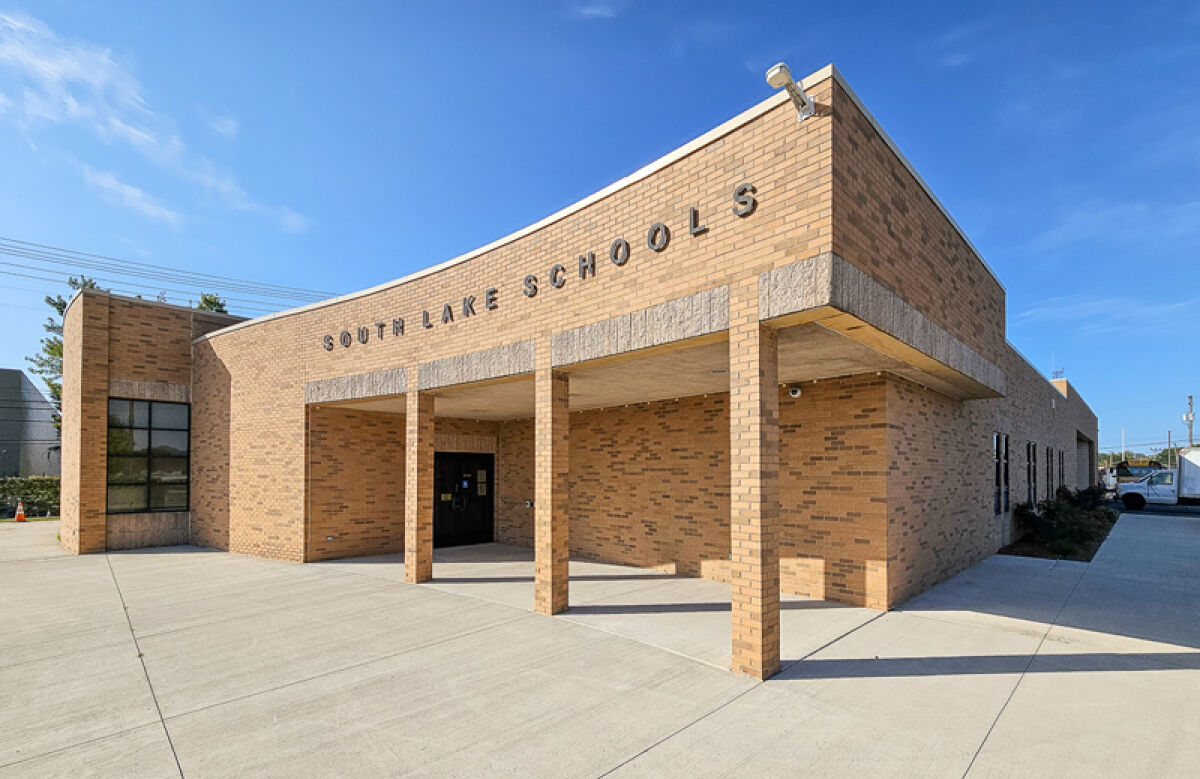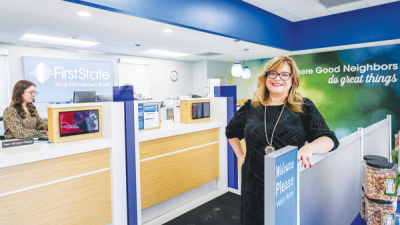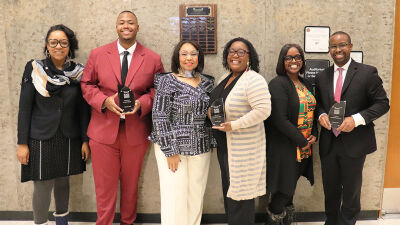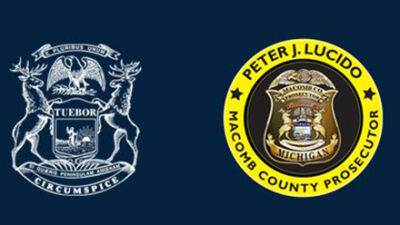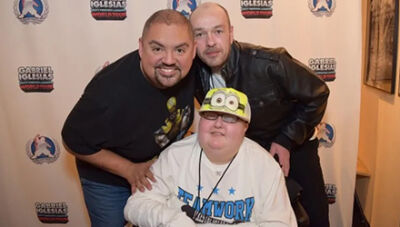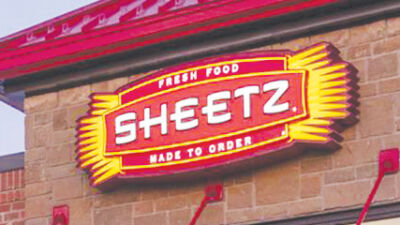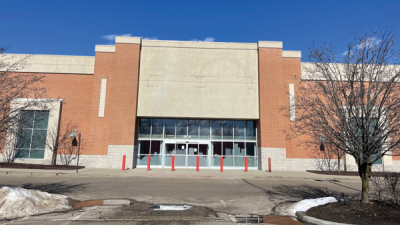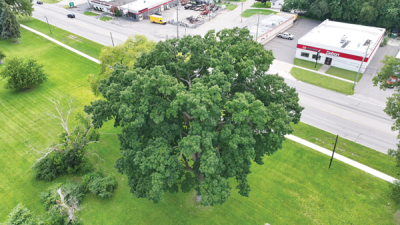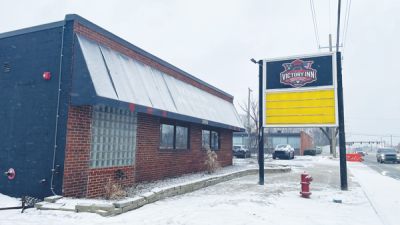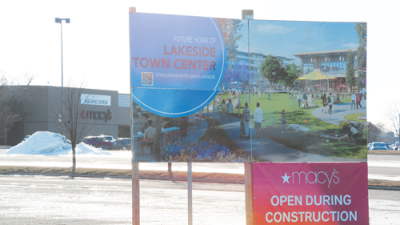ST. CLAIR SHORES — This November, St. Clair Shores voters in precincts one through six will be asked to decide whether or not to renew the South Lake Schools operating millage.
The school district is asking for 21 mils to cover an expiring operating millage with the maximum of 18 mils levied. This will cover the district for 20 years.
The proposal language goes as follows:
“This proposal would renew the authority of the School District, which expires with the 2024 tax levy, to levy up to 18.00 mills for general school district operating purposes on taxable property in the School District to the extent that such property is not exempt from such levy, restrict the levy on principal residences (owner-occupied homes) to no more than 4.2801 mills and protect against the impact of future Headlee rollbacks of up to 3.0 mills, This authorization would allow the School District to continue to levy the statutory limit of 18.00 mills on non-homestead property (principally industrial and commercial real property and residential rental property) and to continue to levy on principal residence property (owner occupied homes) only that portion of the mills necessary to allow the School District to receive the full revenue per pupil foundation allowance permitted by the State. The School District estimates that it will levy not more than 2.0924 mills on personal residences (owner occupied homes) in 2024.
Under the 1978 Headlee Amendment to the Michigan Constitution, if the tax base of a local unit of government is increased, the tax rate on that base must be proportionally reduced so property tax revenues will increase no more than the rate of inflation for that year. The Headlee Amendment limited the amount of taxes a school district and other entities could collect as property values go up.
Due to Headlee rollbacks, the amount of taxes the district collects decreased over the years and currently sits at a little over 16 mils, South Lake Schools Superintendent Ted VonHiltmayer said.
“It’s the chunk of our budget that allows us to do those day-to-day expenses,” VonHiltmayer said. “So it helps us with paying for salaries, paying for utilities, you know those types of things.”
Around $5 million in funding comes from the millage, which is a quarter of the district’s budget, according to VonHiltmayer.
“It’s a significant part of our budget,” he said.
The average homeowner will not see an increase in their taxes, VonHiltmayer said. It will affect non-homestead properties which can include business properties, second homes and more.
South Lake Schools Board of Education President Robert Penn said residents should know this is the basis of funding for the district.
“(It’s) one of the main ways we fund our schools so that we can continue to provide the excellent education that we do and continue to build on the things that we’re trying to build on every year,” Penn said.
He said the last time this item was on the ballot was 20 years ago, in 2004.
If this item doesn’t pass, the school district will have one more chance to put it back on the ballot. If it doesn’t pass at all, Penn said it would be a big hit to the district’s budget.
“We’d be at risk of losing programs over the next few years,” Penn said. “So that’s really where we are. If we lose the initiative, then it’s just a big chunk of our budget that’s just going to be taken away. So we’re really going to have to look at how we’re going to either make up for that or how we’re going to adjust to it.”
VonHiltmayer said they aren’t seeing a significant impact due to the rolled back mils, but they’d see a bigger impact if the ballot item is not approved by voters.
“In just the first year alone, it’s just over $5 million, like $5.3 million, a part of our budget that would be lost if we no longer are able to do this,” VonHiltmayer said.
The November election will have an even bigger impact on the district, with a total of three South Lake Schools Board of Education seats on the ballot as well.
 Publication select ▼
Publication select ▼